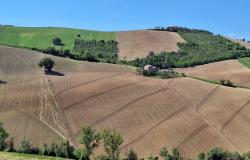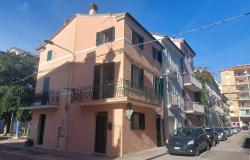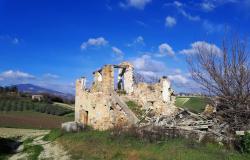Wonderful, thank you for
Submitted by Gail Somers on Wed, 02/16/2011 - 06:50In reply to A newbie all over again! by Annec
TNANKS ANNE
Submitted by Gala Placidia on Wed, 02/16/2011 - 07:15In reply to A newbie all over again! by Annec
not so long ago
Submitted by Ram on Wed, 02/16/2011 - 08:29In reply to A newbie all over again! by Annec
The Big Society
Submitted by Fillide on Wed, 02/16/2011 - 09:18In reply to not so long ago by Ram
This piece of writing suggests a chap educated at Eton and Oxford, musing on a Big Society! Fascinating stuff about the hemp pullover - but it all reads to me that while all the contadini are interdependent, this has not a lot to do with the life of the author. Niente cambia.
You couldn't be more wrong
Submitted by Annec on Wed, 02/16/2011 - 11:24In reply to The Big Society by Fillide
I would highly recommend
Submitted by Capo Boi on Wed, 02/16/2011 - 15:55In reply to A newbie all over again! by Annec
I would highly recommend "Once a Hussar". www.authorsonline.co.uk provide a really good sample Thought about replying to Fillide's comment but can't be bothered as well.
Thanks Anne, not the Marche
Submitted by Angie and Robert on Wed, 02/16/2011 - 17:38In reply to A newbie all over again! by Annec
What a beautiful piece of
Submitted by robert on Wed, 02/16/2011 - 18:50In reply to A newbie all over again! by Annec
Non e' necessario che
Submitted by Esme on Thu, 02/17/2011 - 19:21In reply to A newbie all over again! by Annec
Thank you!
Submitted by KarenSheffield on Sat, 02/19/2011 - 11:08In reply to A newbie all over again! by Annec














